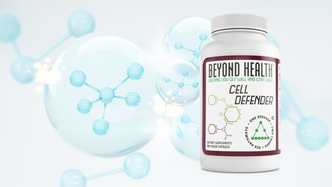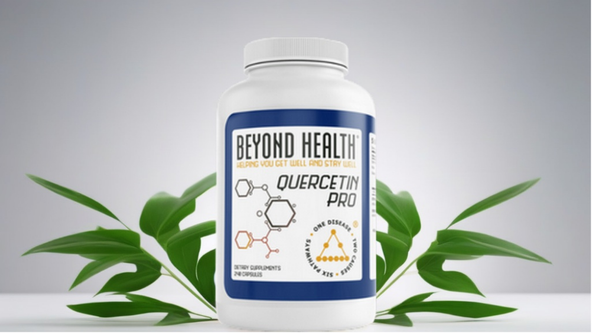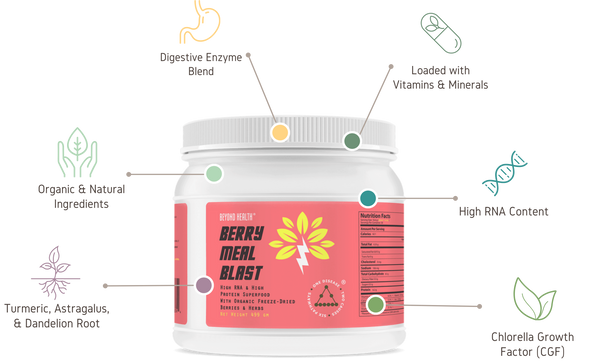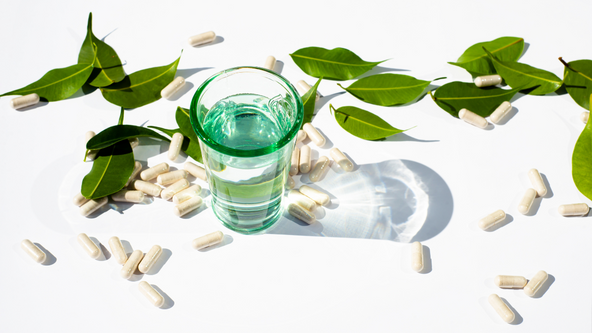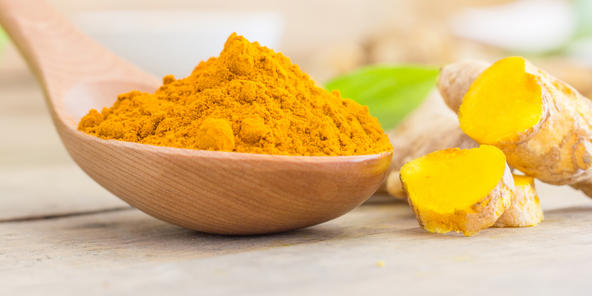Dec 3rd 2024
Glutathione: Nature's Master Antioxidant
The Health Benefits of Glutathione: Nature’s Master Antioxidant The Incredible Health Benefits of Glutathione: Nature’s Master Antioxidant Introduction In the world of health and wellness, antioxidants are essential for protecting our bodies from harmful free radicals. Among these, glutathione stands out as nature’s master antioxidant, playing a vital role in detoxification, cellular repair, and immune support. This article explores the myriad benefits of glutathione and why it is gaining popularity in the health industry. What is Glutathione? Definition and Chemical Structure Glutathione is a powerful antioxidant composed of three amino acids: glutamine, glycine, and cysteine. It is naturally produced in the body and found in every cell, where it works to combat oxidative stress and maintain cellular health. Natural Production in the Bo…
read more Fuel your life with the purest vitamins
Fuel your life with the purest vitamins
